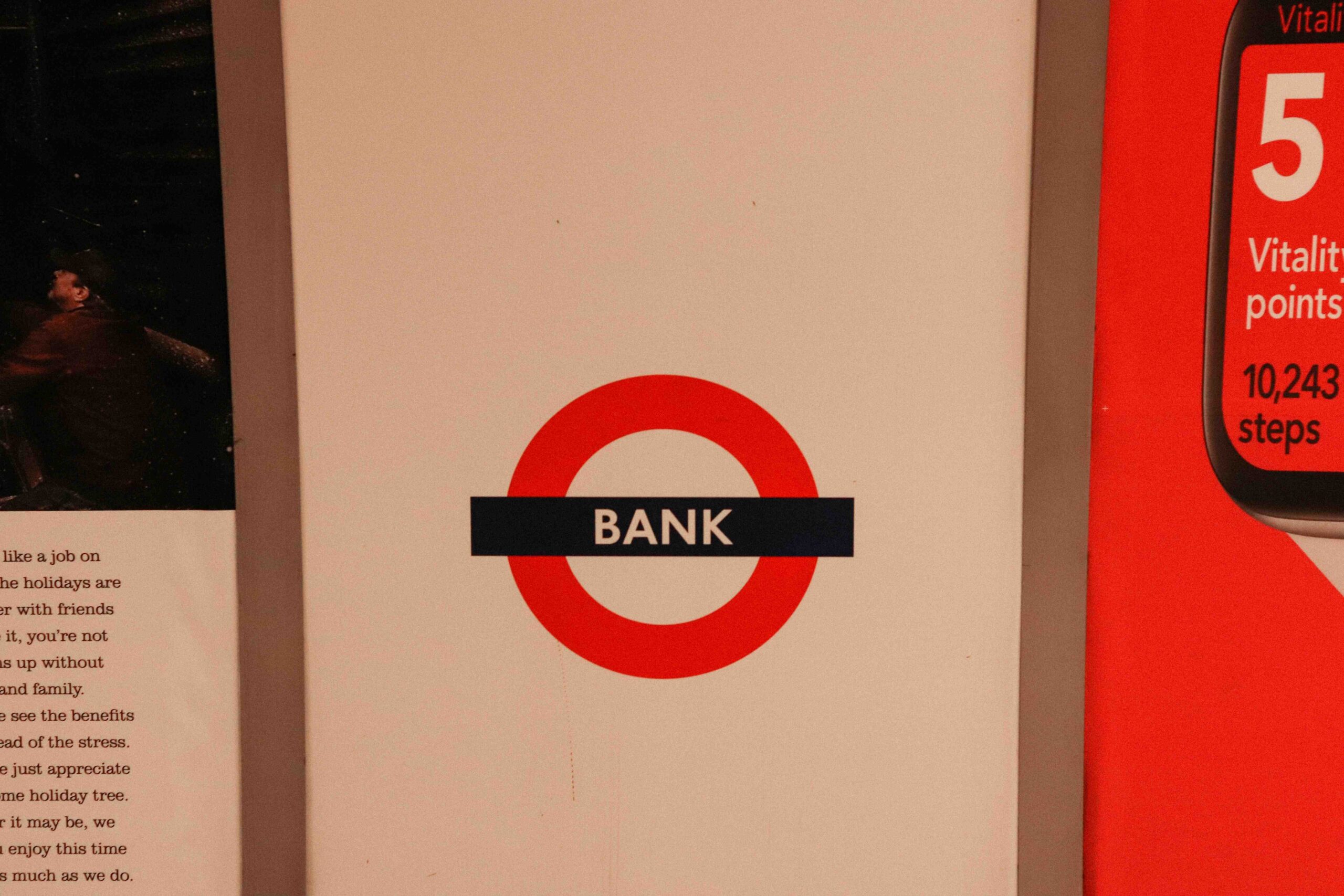
Investors uneasy as market decline accelerates

The Bank of England maintained that it is emergency bond-buying program would expire this week, which caused more instability in the UK financial markets.
As investors sought greater rates to lend to the UK, the cost of government borrowing over ten years suddenly soared to its highest level since 2008.
To stop a sell-off that would jeopardize some pension plans, the Bank has begun purchasing government bonds.
What do bonds do?
The UK government gets the funds it requires for spending by issuing bonds, a type of debt that is repaid plus interest over five to thirty years. Bonds offer a low but typically stable return over a long period; therefore, pension funds invest in them.
Pension funds were forced to sell bonds due to the mini-significant budget’s decline in their value, which threatened to send their prices into a “downward spiral” as more were disposed of, putting certain funds in danger of failing.
According to BBC News, it was emphasized on Wednesday that no matter what, this assistance will expire on Friday. The Bank first intervened last month just after the chancellor’s “mini-budget” caused a strong response on the financial system due to pledges of sizable, unfunded tax cuts.
The Bank was compelled to pledge to purchase up to £65 billion of government bonds in order to stabilize their price after the pound hit a record low and bond prices plunged. Of this pledged sum, just about £10 billion have been spent thus far.
Although the initiative was initially successful, bond yields—the rates of interest the government pays to shareholders currently very close to or above the peaks reached immediately following the mini-budget. The cost of borrowing money from the government for 20 and 30 years surpassed its 2002 highs on Wednesday. The pound’s exchange rate with the US dollar stayed steady at $1.10.





